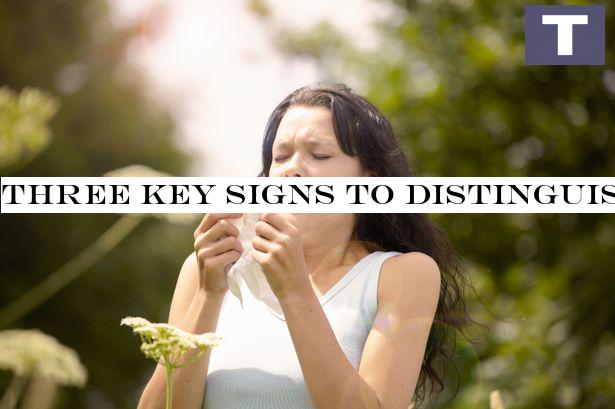Music
Trailers
DailyVideos
India
Pakistan
Afghanistan
Bangladesh
Srilanka
Nepal
Thailand
Iraq
Iran
Russia
Brazil
StockMarket
Business
CryptoCurrency
Technology
Startup
Trending Videos
Coupons
Football
Search
Download App in Playstore
Download App
Best Collections
Technology

- Details
- Category: Technology Today
Read more: Three key signs to distinguish coronavirus from your allergy symptoms
Write comment (92 Comments)
- Details
- Category: Technology Today
Read more: UK coronavirus vaccine trial begins today - how it works and who will receive it
Write comment (100 Comments)
- Details
- Category: Technology Today
Read more: Elon Musk's Starlink fleet seen over UK last night - what time to see tonight
Write comment (95 Comments)Telecoms engineers have told Radio 1 Newsbeat they're being threatened and harassed by people who believe they're working on 5G, which has been wrongly linked to coronavirus.
Claims about any link have been branded complete rubbish by scientists.
But the union and trade body representing thousands of workers across the UK
- Details
- Category: Technology Today
Read more: Coronavirus: 'Murder threats' to telecoms engineers over 5G
Write comment (90 Comments)
- Details
- Category: Technology Today
Read more: Drug to treat head lice 'could kill off coronavirus in two days', study finds
Write comment (94 Comments)The use by Israel's police of mobile-phone location data to enforce quarantine has been halted because of privacy concerns.
The government had approved the use of such data for a limited time, to make
- Details
- Category: Technology Today
Read more: Coronavirus: Israel halts police phone tracking over privacy concerns
Write comment (98 Comments)Page 900 of 1439

 11
11





